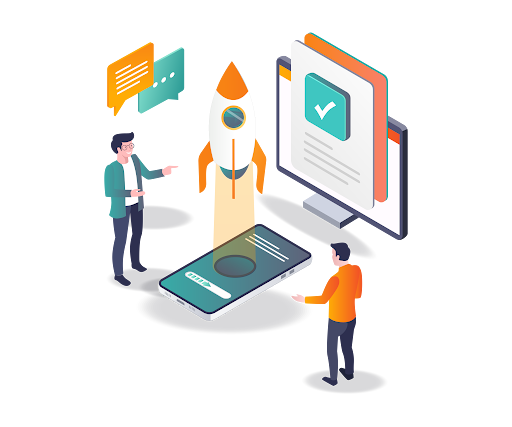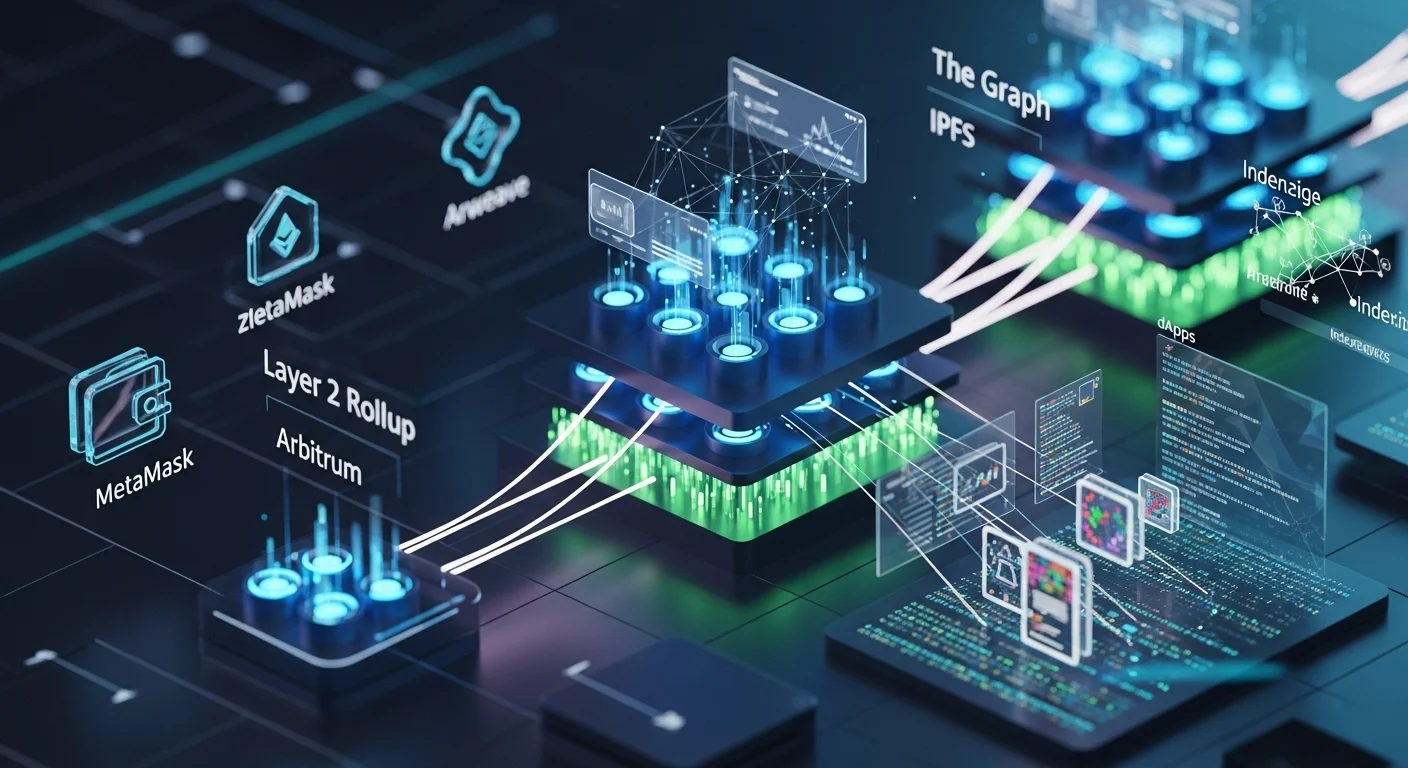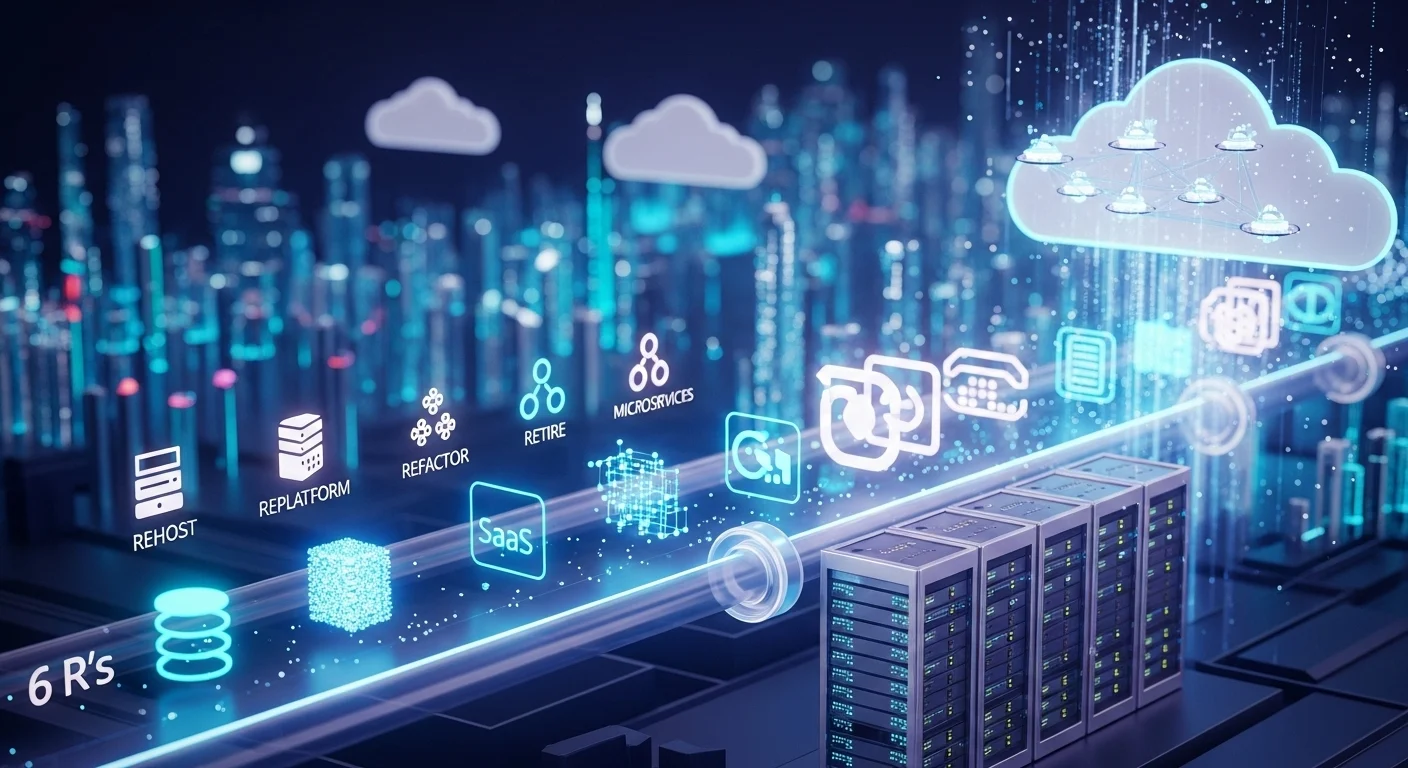AI-Driven DevOps: Automating the Development Pipeline
How artificial intelligence is transforming DevOps practices and accelerating software delivery cycles while improving reliability and reducing operational overhead.
Share this article

The convergence of artificial intelligence and DevOps is creating unprecedented opportunities for automation, optimization, and intelligent decision-making in software development and operations. As organizations strive to deliver software faster while maintaining quality and reliability, AI-driven DevOps emerges as a game-changing approach.
The Evolution of DevOps
Traditional DevOps practices have already transformed how organizations develop, deploy, and maintain software. However, the increasing complexity of modern applications, microservices architectures, and cloud-native environments presents new challenges that require more intelligent solutions.
AI-driven DevOps, often referred to as "AIOps," represents the next evolution, where machine learning algorithms and artificial intelligence enhance every aspect of the software delivery lifecycle.
Key Areas of AI Integration
Intelligent Monitoring and Alerting
AI algorithms can analyze vast amounts of monitoring data to identify patterns, predict failures, and reduce alert fatigue. Machine learning models learn from historical incidents to distinguish between normal variations and genuine anomalies, significantly reducing false positives.
- Predictive analytics for system failures
- Intelligent alert correlation and prioritization
- Automated root cause analysis
- Dynamic threshold adjustment based on historical patterns
Automated Testing and Quality Assurance
AI enhances testing strategies by automatically generating test cases, identifying high-risk code changes, and optimizing test execution. Machine learning models can predict which tests are most likely to fail based on code changes, enabling more efficient testing cycles.
- Intelligent test case generation and selection
- Automated visual testing for UI changes
- Performance regression prediction
- Code quality assessment and recommendations
Deployment Optimization
AI can optimize deployment strategies by analyzing historical deployment data, predicting optimal deployment windows, and automatically rolling back problematic releases. This reduces deployment risks and improves overall system reliability.
Real-World Implementation Examples
Netflix: Chaos Engineering with AI
Netflix uses AI to enhance their chaos engineering practices, automatically identifying system weaknesses and predicting failure scenarios. Their AI systems continuously learn from system behavior to improve resilience and reliability.
Google: Site Reliability Engineering
Google's SRE practices heavily leverage AI for capacity planning, incident response, and automated remediation. Their systems can predict traffic patterns, automatically scale resources, and resolve common issues without human intervention.
Microsoft: Azure DevOps Intelligence
Microsoft integrates AI throughout Azure DevOps to provide intelligent insights, predict build failures, and optimize resource allocation. Their AI systems help development teams make data-driven decisions about code quality and deployment strategies.
Benefits of AI-Driven DevOps
- Faster Mean Time to Recovery (MTTR): AI can quickly identify and resolve issues, often before they impact users.
- Improved Deployment Success Rates: Predictive models help identify risky deployments before they reach production.
- Enhanced Resource Optimization: AI optimizes resource allocation based on predicted demand patterns.
- Reduced Manual Intervention: Automated responses to common issues free up teams to focus on strategic initiatives.
- Better Decision Making: Data-driven insights enable more informed architectural and operational decisions.
Implementation Challenges
While AI-driven DevOps offers significant benefits, organizations face several challenges:
- Data Quality and Availability: AI models require high-quality, comprehensive data to function effectively.
- Skills Gap: Teams need expertise in both DevOps and AI/ML to implement these solutions successfully.
- Tool Integration: Integrating AI capabilities with existing DevOps toolchains can be complex.
- Change Management: Organizations must adapt processes and culture to embrace AI-driven automation.
Getting Started with AI-Driven DevOps
Organizations looking to implement AI-driven DevOps should consider the following approach:
- Start Small: Begin with specific use cases like intelligent monitoring or automated testing.
- Invest in Data Infrastructure: Ensure you have robust data collection and storage capabilities.
- Build Cross-Functional Teams: Combine DevOps and AI/ML expertise within your teams.
- Choose the Right Tools: Select AI-enabled DevOps tools that integrate well with your existing stack.
- Measure and Iterate: Continuously measure the impact of AI implementations and refine your approach.
The Future of AI-Driven DevOps
As AI technology continues to advance, we can expect even more sophisticated applications in DevOps. Future developments may include fully autonomous deployment pipelines, self-healing infrastructure, and AI-powered architectural recommendations.
The organizations that embrace AI-driven DevOps today will be better positioned to deliver software faster, more reliably, and with higher quality in the increasingly competitive digital landscape.
Conclusion
AI-driven DevOps represents a fundamental shift in how we approach software development and operations. By leveraging artificial intelligence to automate routine tasks, predict issues, and optimize processes, organizations can achieve unprecedented levels of efficiency and reliability.
The key to success lies in starting with clear objectives, investing in the right tools and skills, and maintaining a culture of continuous learning and improvement. As AI technology continues to evolve, the possibilities for enhancing DevOps practices will only expand.

Ys Patel
Technical Head – AI, Vaidrix Technologies
Ys is a deep tech specialist and AI-driven engineering leader with 5+ years of experience in AI development. He focuses on building intelligent systems, agentic workflows, and generative applications. As Technical Head – AI at Vaidrix Technologies, he leads the development of scalable AI solutions across industries from voice agents and RAG-based platforms to real-time automation bridging research innovation with real-world impact.
Ready to Transform Your DevOps with AI?
Let's discuss how AI-driven DevOps can accelerate your software delivery.
Ready to Transform Your DevOps with AI?
Let's discuss how AI-driven DevOps can accelerate your software delivery and improve operational efficiency.




